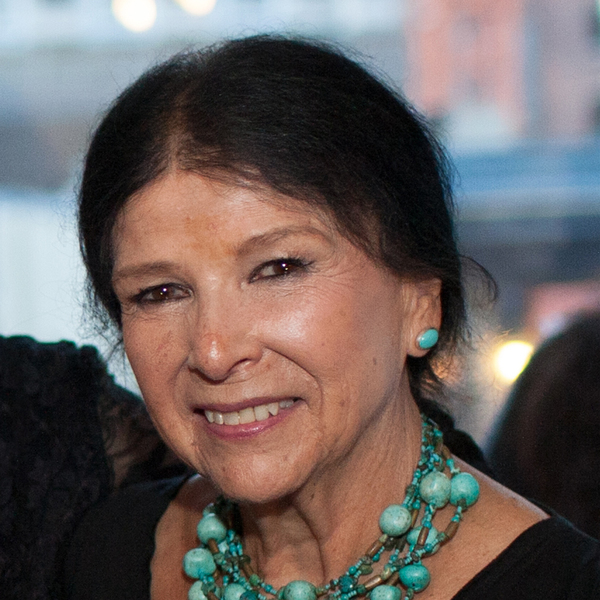The month of June is National Indigenous History Month. BMG will highlight the Month with a series of feature articles on the BMG web site, which will also be posted to the BMG FaceBook and BMG Twitter accounts. In this issue we profile Indigenous Artist, Alanis Obomsawin.
Alanis Obomsawin is a prominent First Nations documentary filmmaker, singer, artist, storyteller and activist who has focused her work on the struggles of Indigenous peoples and on ensuring their voices are heard.
Obomsawin is a member of the Abenaki Nation, born in August 1932 in New Hampshire on Abenaki territory but grew up on the Odanak Reserve near Sorel, Québec. Her family moved to Trois-Rivières, Québec and it was a difficult time during which she faced bullying, racism and the death of her father from tuberculosis. She moved to Montreal, Québec, in the late 1950s where she became known as a singer and activist, making appearances on reserves, in schools, prisons, at folk festivals and on television.
Obomsawin was hired by the National Film Board of Canada in 1967 and directed her first film which was released in 1971. Since then, she has made many films that focus on issues such as the plight of Indigenous children in foster care, addictions and Indigenous peoples’ struggles for their land and resource rights. Her film on the 1990 conflict between the Mohawk and government at Oka, titled Kanehsatake: 270 Years of Resistance, was acclaimed nationally and internationally. Obomsawin is an officer of the Order of Canada, a Grand Officer of the Ordre national du Québec, received the Canadian Screen Awards’ Humanitarian Award, multiple Governor General’s Awards and lifetime achievement awards.
Find out more at The Canadian Encyclopedia, Alanis Obomsawin.
Source: Indigenous History Makers: https://www.rcaanc-cirnac.gc.ca/eng/1559226684295/1559226709198#chp4
Photo credit: Cosmos Image




